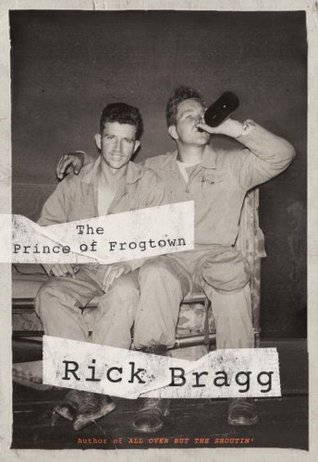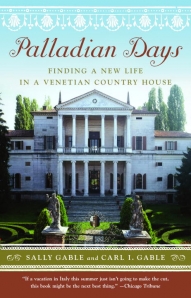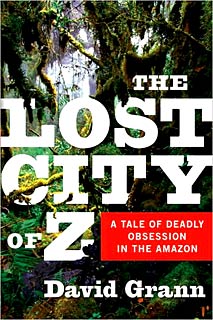This review contains affiliate links, which earn me a small commission when you click and purchase, at no extra cost to you. Thank you for supporting my small business and allowing me to continue providing you a reliable resource for clean book ratings.
Rick Bragg is a revelation for those who enjoy Southern literature. For those who generally aren’t fans of that genre, his writing is a fine place for them to start. Bragg has stayed true to his roots as a journalist, spinning colorful stories out of the hard facts, and created three memoirs about his family, with the final being The Prince of Frogtown.
His stories aren’t pretty; only the writing is. His father came from a line of weekend drunks and elevated the tradition to a near-constant condition. His mother started as a beautiful young woman who attracted the attention of the once-dashing Charles Bragg; after a short time, however, her beauty was pushed aside by the deprivations, the backbreaking work she put in to care for her three sons in her husband’s usual absences, and the emotional and physical pain she endured in his occasional presence.
Bragg does have a gift for storytelling. His writing is poetic and lovely while talking about places that can be equally lovely and times and people who were often broken. Having spent a very recent 10 years in the very county in which his family lived and lives still, I found myself particularly enchanted at many times by this book; it brought back sensations of a place I grew to appreciate and love in many ways myself and now miss, living in a very different climate and culture. Even though I can picture very quickly the exact spots he talks about, his descriptions can make them almost equally vivid for readers who have never been in Calhoun County, Alabama.
The Prince of Frogtown is Bragg’s revisiting of his father’s people; his father caused so much damage in his own life and that of his mother that Bragg had pretty much pushed aside that paternal line as he told his family’s tale. But that changed when Bragg married at 46 a woman who had three sons. Two were mostly grown, but the 10-year-old gave him the opportunity to experience the closest thing to fatherhood he would have. The humor and poignancy of moments on another end of the relationship gave him pause and took him back to investigate more about his paternal line. The result is this book, a still-unflinching look at a conflicted, haunted father but one that still manages to be poignant and touching.
Bragg is often self-involved and cocky, not the guy I’d pick to hang out with on a regular basis (and who even gets a little tiresome listening to toward the end of a lecture). But it usually informs his writing rather than detracts from it. Usually. Sometimes it gets to be too much. But his talent for relating stories he has collected is so involving that you mostly overlook the almost-exaggerated Southern swagger.
Rated: Mild for language. The book is lightly peppered with mild language, and has a handful of some slightly stronger “cuss words.” Bragg is kind enough to refer to the fact that certain characters could cuss with the best of ’em, but doesn’t quote directly. His writing is good ol’ mild language, stuff his new wife would look on with mild disapproval if her son quoted. There is a good bit of fighting but not really any gory details.
Click here to purchase your copy of The Prince of Frogtown on Amazon.




